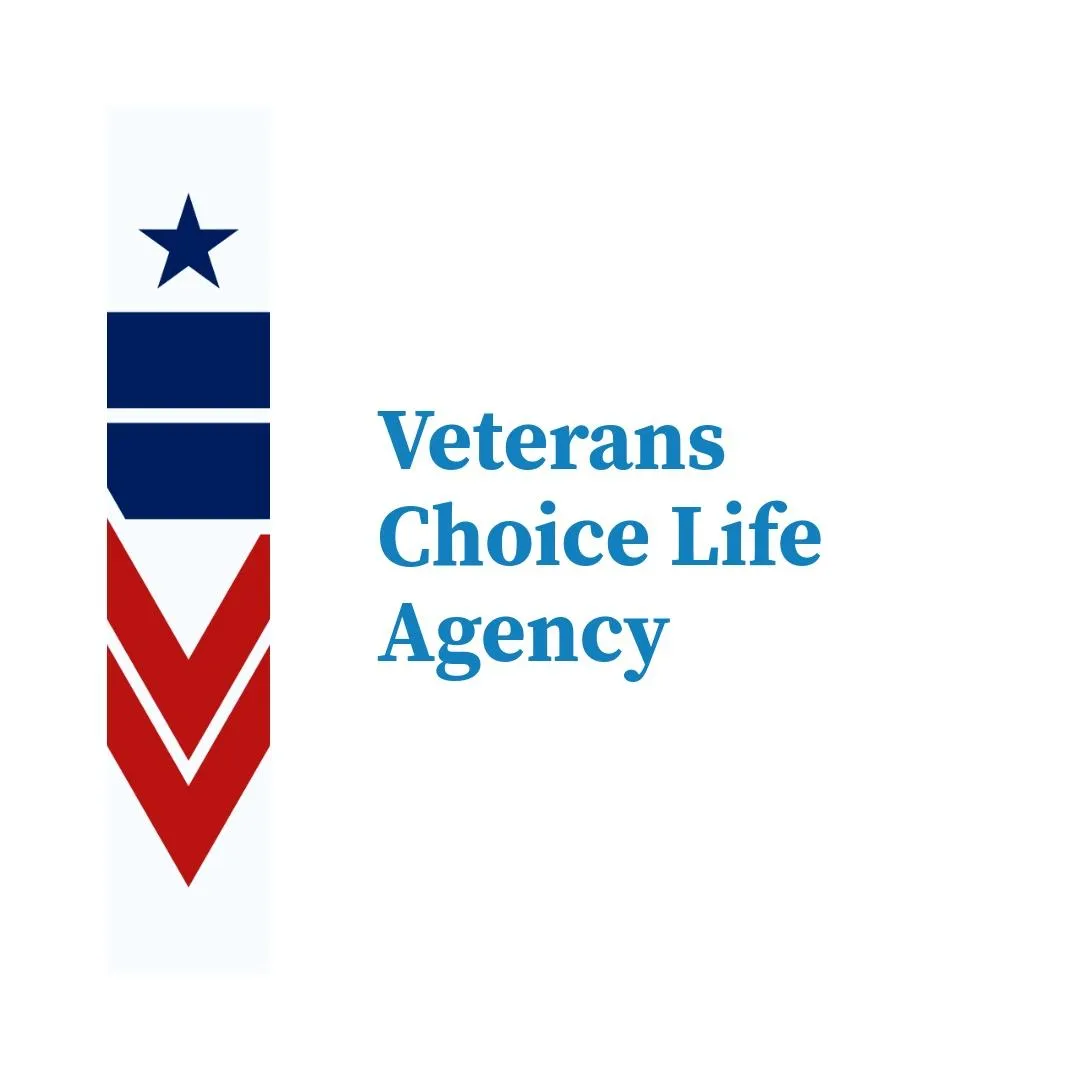
"Transitioning to Civilian Life: Financial Planning for Veterans After Service"
Financial Planning for Veterans: Transitioning to Civilian Life
Transitioning from military service to civilian life is a major milestone for veterans, but it also comes with significant financial changes. The structured benefits, steady pay, and support systems available in the military are different from those in the civilian world. To ensure long-term financial stability, it's crucial for veterans to understand how to plan for civilian retirement, adjust to new income streams, and navigate new insurance options. This blog will guide you through key financial considerations as you make the transition.
1. Retirement Planning: Shifting to Civilian Systems
In the military, retirement benefits, such as the Thrift Savings Plan (TSP) and pensions, may have felt automatic and secure. In civilian life, however, retirement planning requires more hands-on management. Here are the key areas to focus on:
Understanding Your Military Retirement Benefits
TSP Rollovers: If you contributed to the TSP while in the military, you can roll these funds over into a civilian 401(k) or an IRA. Keeping your TSP is also an option if you prefer, as it often has lower fees than other retirement accounts.Military Pension: If you're eligible for a military pension, it will continue as a reliable income source. However, it may not be enough to cover all expenses, especially if you left the service before reaching a higher rank.
Actionable Tips
Increase civilian retirement savings: Once you transition, take advantage of employer-sponsored retirement plans like a 401(k) or open an IRA. Aim to contribute at least enough to get any company match, which is essentially free money.Diversify investments: Beyond retirement accounts, explore investment options to build additional wealth, such as real estate, stocks, or bonds.Plan for health care costs in retirement: Health care in civilian life often requires more out-of-pocket expenses. Consider Health Savings Accounts (HSAs) if your employer offers high-deductible health plans. Contributions are tax-free, and the funds can be used to pay for medical expenses in retirement.
2. Adjusting to New Income Streams
After military service, your income structure may change dramatically. Civilian salaries, while potentially higher, come without certain military perks such as housing allowances, tax-free benefits, or subsidized health care. It’s important to adjust your budget accordingly to reflect these changes.
Job Search and Salary Negotiation
Research civilian pay scales: Salaries in the civilian world vary greatly by industry and location. Use tools like salary calculators to estimate a competitive wage for your skills and experience.
Translate military experience into civilian terms: When applying for jobs, highlight how your military skills transfer to civilian roles, such as leadership, problem-solving, and technical expertise.
Negotiate your salary: Many veterans may feel hesitant to negotiate their salary, but it's common practice in the civilian world. Make sure to advocate for yourself to receive fair compensation.
Actionable Tips
Create a new budget: Without the housing and food allowances provided by the military, you’ll need to budget for these expenses out of your salary. Make sure to account for all new civilian costs, such as commuting, housing, and higher taxes.Look into side income: Consider freelance work, consulting, or part-time jobs to diversify your income sources while you adjust to civilian life.
Research Vet Friendly Employers: There are many employers who have veteran preference and friendly hiring practices with veterans. The Employer of the month for outstanding work in hiring veterans and giving the transitioning military member a secure footing into the civillian world is American Income Life Cohen/ Velasquez Agency. As a well established fortune 500 company they offer the opportunity for vetrans to learn the exciting industry of financial planning! You can truly grow and achieve great success. Be a part of an exciting company culture that rewards your hardwork through unlimited earnings potential, exciting bonus opportunities, company trips and more!! You can register for a company overview and discover how you can join the fastest growing industry of millionaires today!! Register Now
3. Understanding Civilian Insurance Options
In the military, health care and life insurance are largely taken care of, but in the civilian world, you’ll need to navigate a new set of options. It’s critical to understand what’s available and what best meets your needs.
Health Insurance
The VA offers health care services for many veterans, but depending on your income and service-connected disabilities, it may not cover everything. Understanding your civilian health insurance options is crucial to avoid high out-of-pocket costs.
Actionable Tips
Employer-sponsored plans: If your new job offers health insurance, carefully compare premiums, coverage options, and out-of-pocket expenses. Make sure to choose a plan that fits your family's health needs.TRICARE and VA Health Care: Depending on your eligibility, you may be able to retain TRICARE, a comprehensive health care program for military personnel and retirees, or you can use VA health care benefits.Marketplace plans: If your employer doesn’t offer health insurance, the Health Insurance Marketplace offers a range of plans. You may also qualify for subsidies depending on your income.
Life Insurance
In the military, you likely had Servicemembers’ Group Life Insurance (SGLI), but once you transition to civilian life, you’ll need to explore new life insurance options.
Actionable Tips
Veterans’ Group Life Insurance (VGLI): You can convert your SGLI to VGLI. You have 240 days after separation to apply without needing to prove insurability.
Private insurance: If you’re in good health, we can protect your family from financial hardships, grow your weath, hedge against market volitility, secure your retirement, and replace your wages if you become injured, sick, or critically ill. Find Out How NOW!!
Assess your life insurance needs: Think about your family's future financial needs, including college tuition, mortgages, or other major expenses, when deciding on coverage amounts.
4. Taking Advantage of VA Benefits
Even after transitioning to civilian life, veterans are entitled to a range of VA benefits that can provide financial support. Make sure you’re aware of all available options:
Disability Compensation: If you have a service-connected disability, you may be eligible for monthly tax-free compensation. This can help supplement your civilian income.
VA Home Loan: The VA home loan program offers competitive mortgage rates with no down payment or private mortgage insurance, making homeownership more accessible.
GI Bill Benefits: Veterans transitioning into civilian careers may need to go back to school or get certifications. The Post-9/11 GI Bill covers tuition, books, and even provides a housing stipend, making education and training more affordable.
Survivors Benefits: For veterans with families, it’s crucial to ensure that your loved ones are aware of survivor benefits available through the VA, such as Dependency and Indemnity Compensation (DIC).
Conclusion: Create a Financial Game Plan for Your Civilian Life
Transitioning from military service to civilian life requires careful financial planning. From retirement savings to adjusting your income and choosing the right insurance, it’s important to stay proactive. By taking advantage of VA benefits and creating a solid financial plan, you can set yourself up for long-term success and stability.
Don’t hesitate to seek guidance from a financial advisor or a Veterans Service Officer (VSO) to ensure you’re making the best decisions for your financial future. Your military service has earned you a range of benefits—make sure you're using them to their full potential as you build a new civilian life.
Discover Vital Strategies to Secure Your Family's Future & Retirement Before It's Too Late!

Don't let delay drain your loved ones' dreams! Discover the pathway to protect your family's financial destiny!

DO YOU WANT HELP FROM ONE OF THE TOP (Advisors For Veterans) & RETIREMENT EXPERTS IN THE COUNTRY?
Meet Daniel Montijo...

Forged in the crucibles of Afghanistan and Iraq, the scars of war are etched into my soul. Now, as a 100% disabled veteran, I understand the silent struggles that our valiant heroes endure long after the battlefield silence. Driven by a relentless passion, I've embraced a noble crusade: to empower veterans to fortify their financial destiny and shield their loved ones from life's unforeseen adversities. Join me on this honorable journey—let's navigate the path to a secure retirement and carve out a legacy of prosperity for generations to come!
Schedule a free family financial planning call with Daniel today!
Copyrights 2024 | veteranschoicelife.com | Privacy Policy